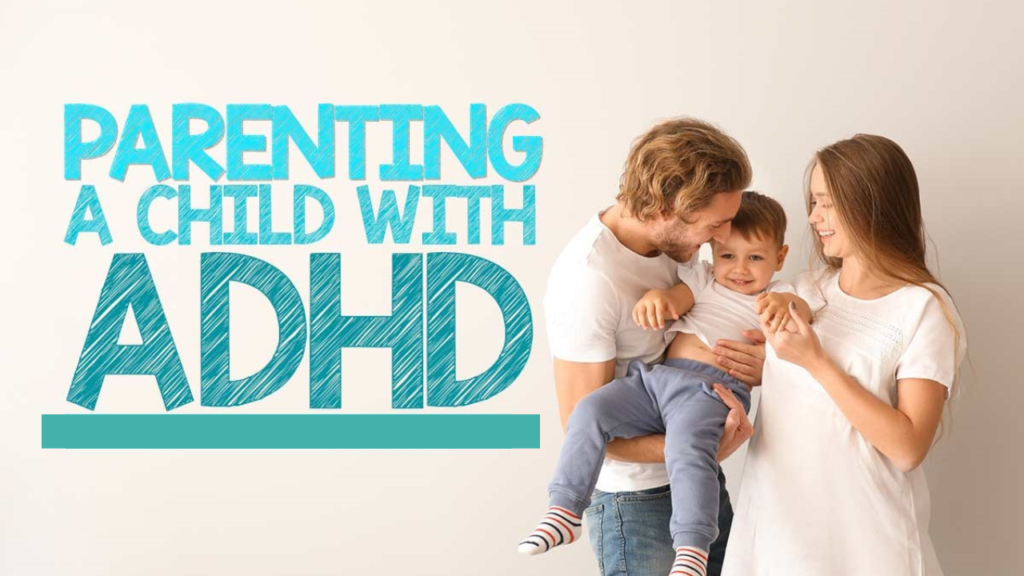What is ADHD ?
ADHD Stands for Attention Deficit Hyperactivity Disorder (ADHD)About three to five percent of students in school suffer from Attention Deficit Hyperactivity Disorder (ADHD), a prevalent psychiatric condition.The symptoms of this illness include impulsive behaviour, hyperactivity, and attention impairment. It is a neurobehavioral condition that is highly heritable and is a condition that affects people from infancy into adulthood. The aetiology of this condition is significantly influenced by the involvement of parents, particularly mothers, even if psychological elements may also be involved. These children’s mothers are more strict or wholly uncaring. The Association between parent and child is depicted through a longitudinal study among 194 school aged children from the UK. Ineffective parenting practices cause people to respond angrily and violently. Parents of children with ADHD treat them brutally since these youngsters pose problems with activity, attention, and education.Improving the performance of children with ADHD and their families is mostly dependent on parenting. Thus, the researchers examined the parenting philosophies of parents of ADHD children and parents of typical children in this study. Their ultimate objective was to illustrate the variations in parenting approaches between the groups. Following the completion of the aforementioned study, two parenting facets that are determined to be highly significant were the foundation for Baumriand parenting styles. First on the list was “Parental responsiveness,” which describes how well a parent attends to their child’s needs. The second factor was “Parental demands ,” or how much a parent expects a child to behave in a more responsible and mature manner. Three distinct parenting philosophies were used :
- 1. Authoritarian: Parents that adopt an authoritarian parenting style tend to be quite demanding and not very responsive. An authoritarian parent is strict, severe, and unforgiving. This is generally the case with abusive parents.
- Permissive parenting: this approach is distinguished by a high degree of responsiveness and few demands. A lax parent rarely enforces consistent standards and is unduly receptive to their child’s wishes. The parents of the “spoiled” youngster are frequently lax.
- Authoritative: This type of parenting is defined by a moderate degree of responsiveness and demandingness. When circumstances call for it, the authoritative parent is flexible and firm at the same time. While being attentive to their child’s needs, an authoritative parent does not spoil them.
According to research findings, kids with ADHD tend to be less problem-solving oriented, more pessimistic, and frequently possess strong opinions and authoritarian traits.
EFFECTIVE STRATEGIES
- Maintain a schedule: To help the child with ADHD understand and comply with expectations, it’s critical to establish a time and location for everything. Set up easy, dependable routines for play, homework, food, and bedtime. Before going to bed, have your child set out their clothes for the following morning and make sure that everything they need to bring to school is ready to go in a designated spot.
- Employ timers and clocks: Think about putting clocks all over the house, especially a large one in your child’s bedroom. Give your kids adequate time to complete their tasks, including their schoolwork and morning preparation. When doing homework or at periods of transition, like when you’re wrapping up a play and getting ready for bed, set a timer.
- Make your child’s schedule simpler: While it is a good idea to limit idle time, an abundance of after-school activities may cause a child with ADHD to become more preoccupied and “wound up.” Depending on the skills of each kid and the requirements of specific activities, you might need to modify the child’s after-school commitments.
- Establish a calm area: Ascertain that your child has a peaceful, exclusive area of their own. As long as it’s not the same location where the youngster goes for a time-out, a porch or a bedroom work well.
- Try your utmost to maintain order and neatness: Arrange your house in a systematic manner. Make sure your youngster understands that everything has a purpose. Set a good example by keeping everything as tidy and organised as you can.
- Give praise and rewards when rules are followed : Compared to typical kids, children with ADHD frequently experience and anticipate criticism. It can seriously affect one’s self-esteem. It may take more effort on some days to find the positive behavior, but you should at least five times as often comment on positive behavior as you criticize negative behavior.
- Set a positive example for your child’s behavior by modeling it yourself : To help keep your parent-child bond healthy, schedule some special time with your child three to five days a week that is free from conflict and doesn’t involve a screen. Assist your child in making at least one close friend. When their children are younger, parents may need to take the initiative to set up and run play dates or enroll their children in activities with other children of the same age.
Improving the performance of children with ADHD and their families is mostly dependent on parenting. By following the above methods or parenting strategies will help create a safe space for children with ADHD. A child with ADHD has to be kept occupied, it’s crucial not to overload them with activities. Balancing the mental health of both parents and children will ensure better relations. ADHD should not be considered as a disability but children with ADHD should be considered unique.


